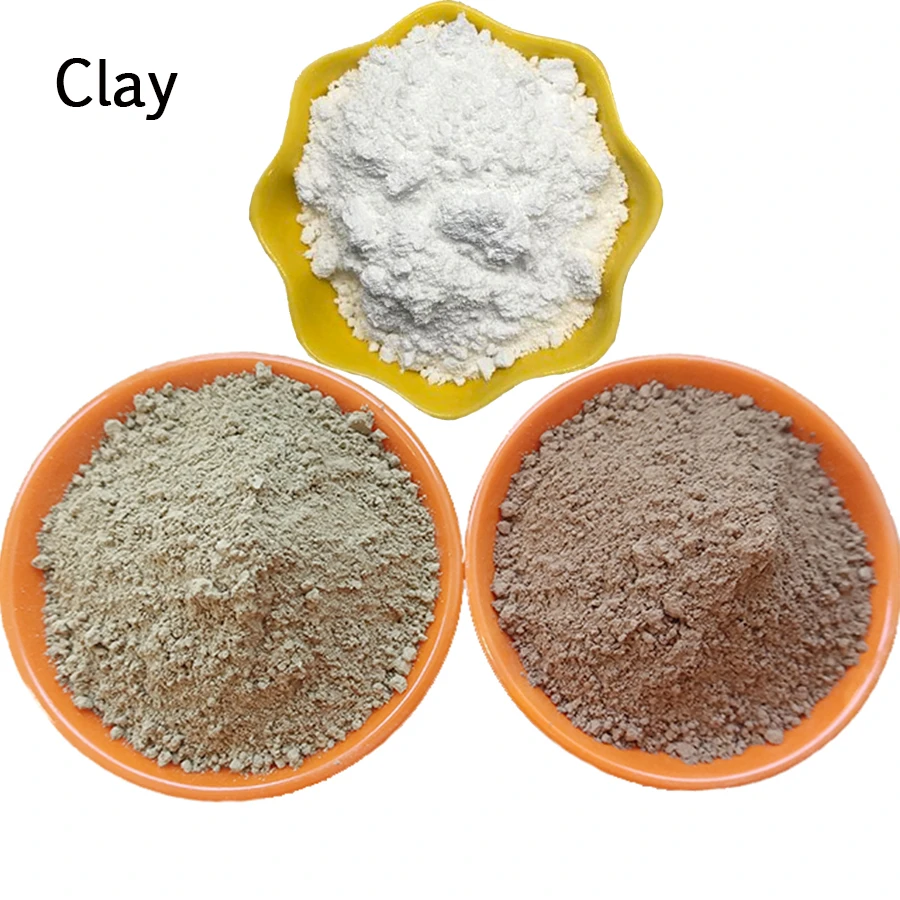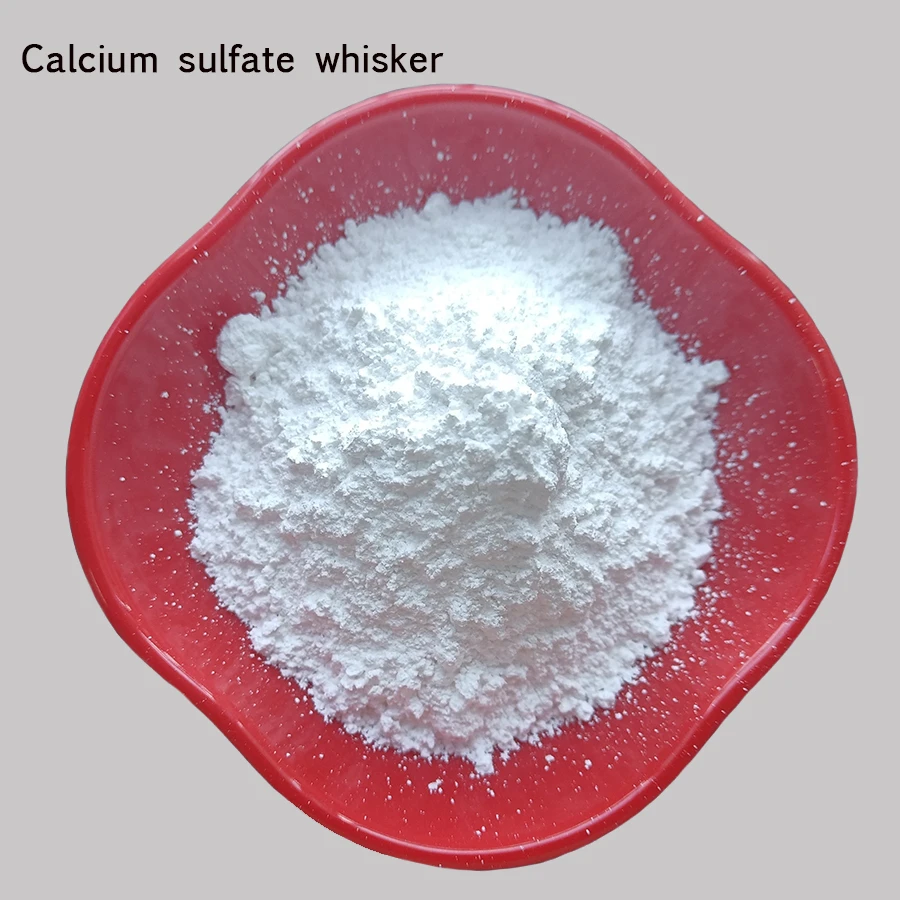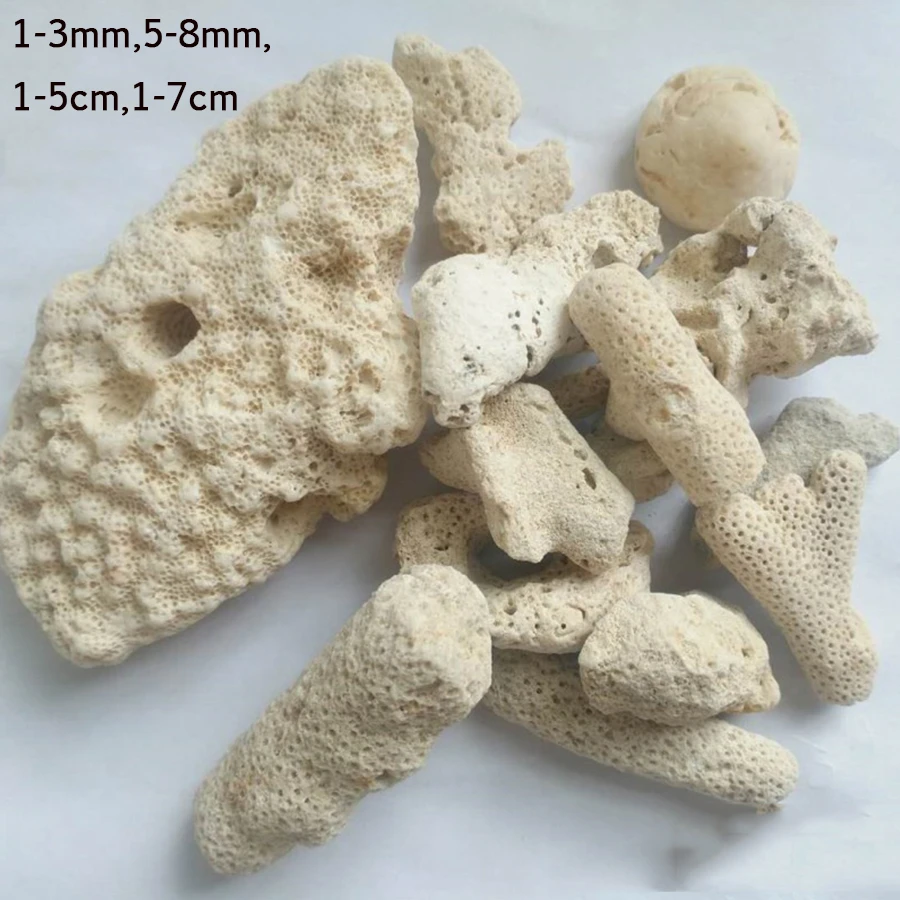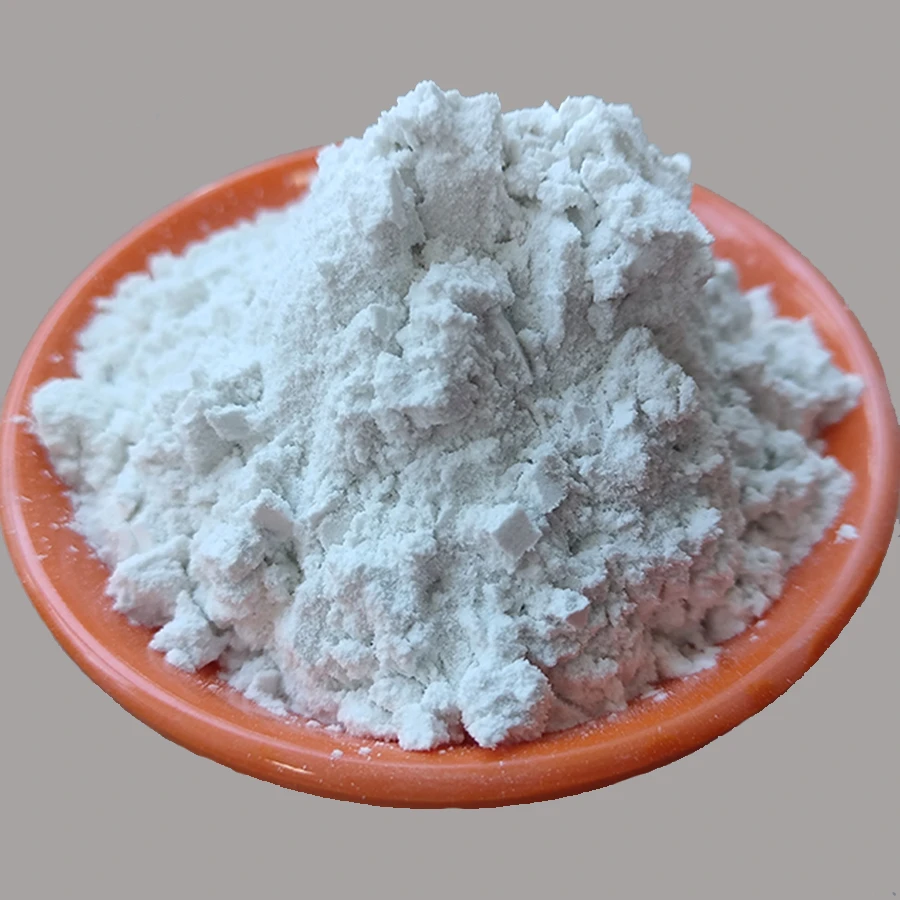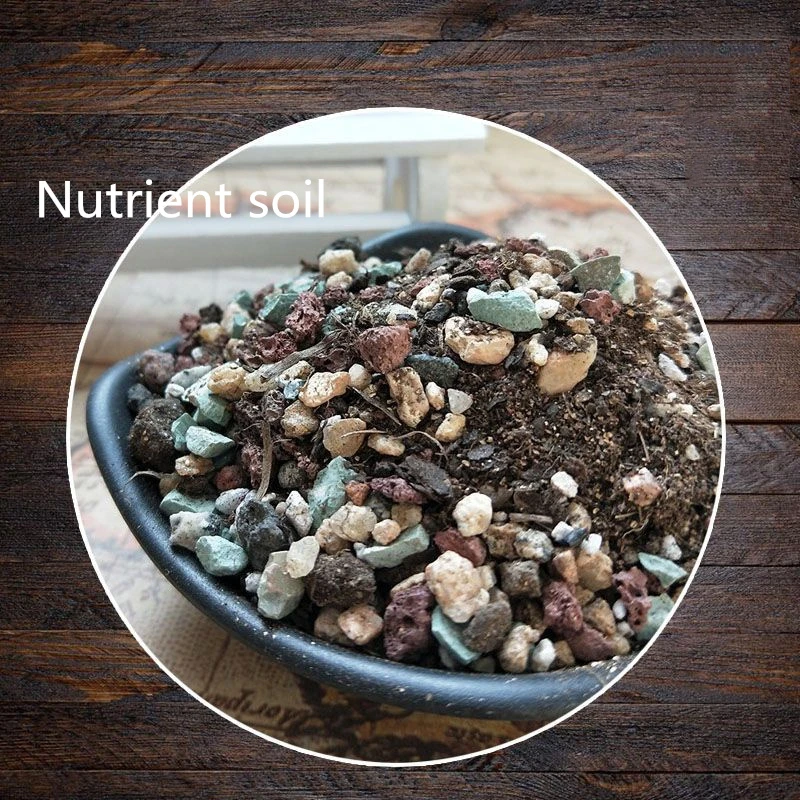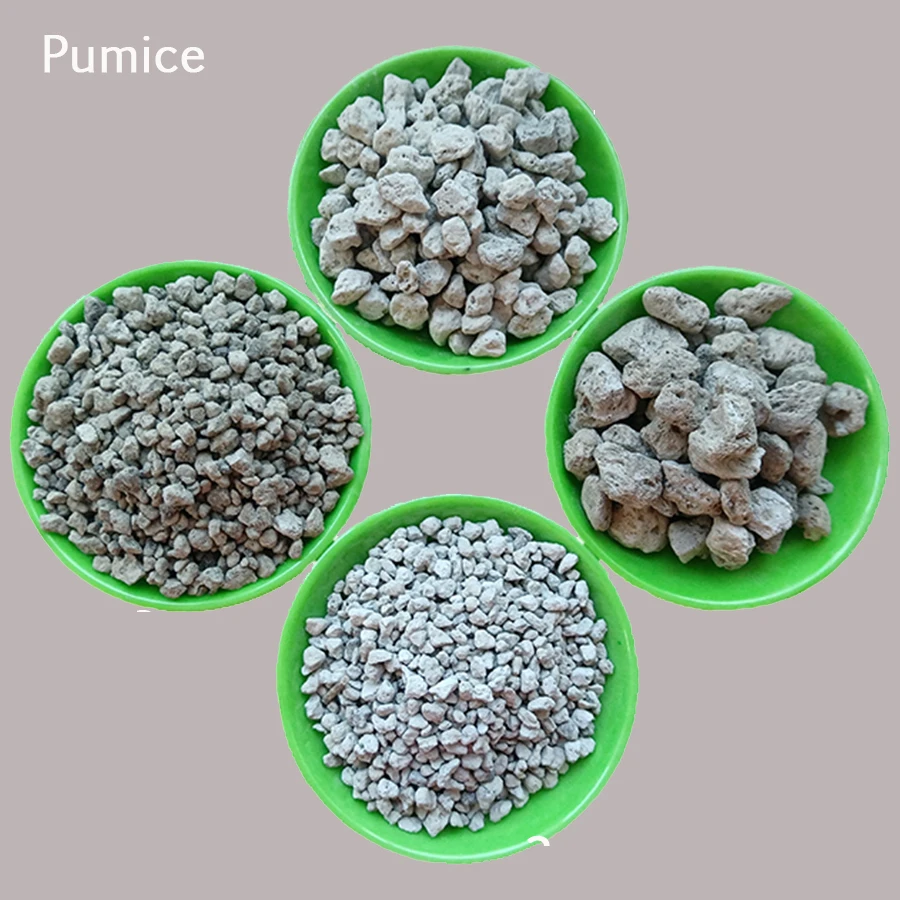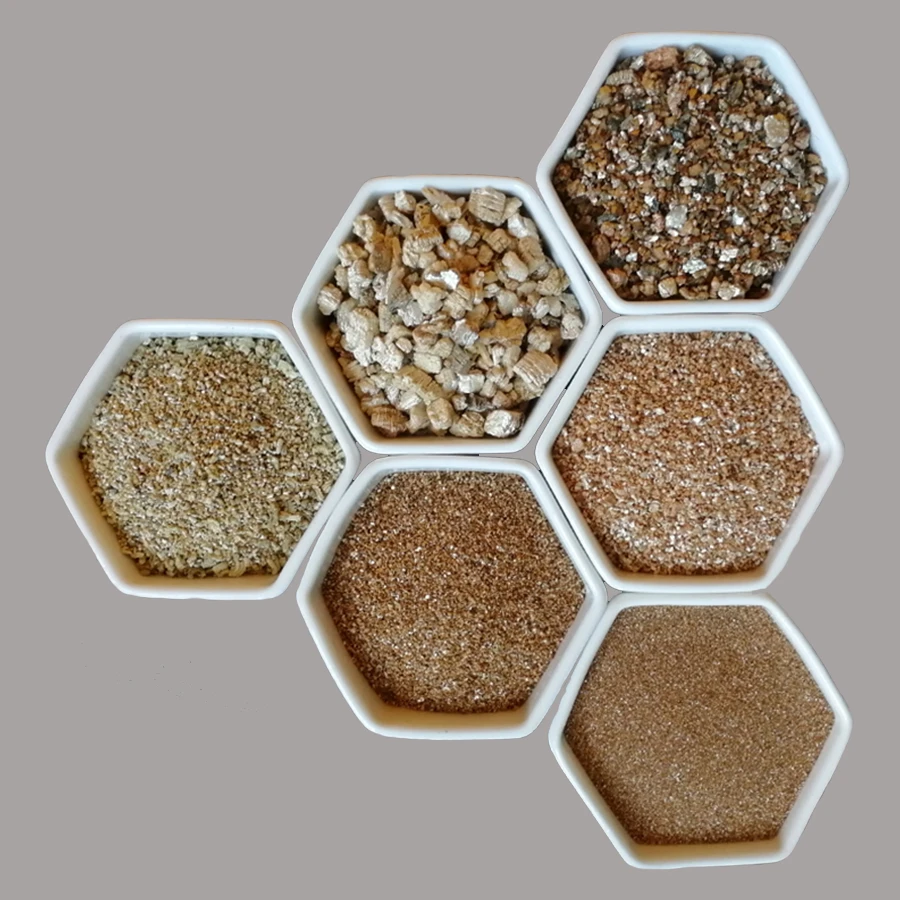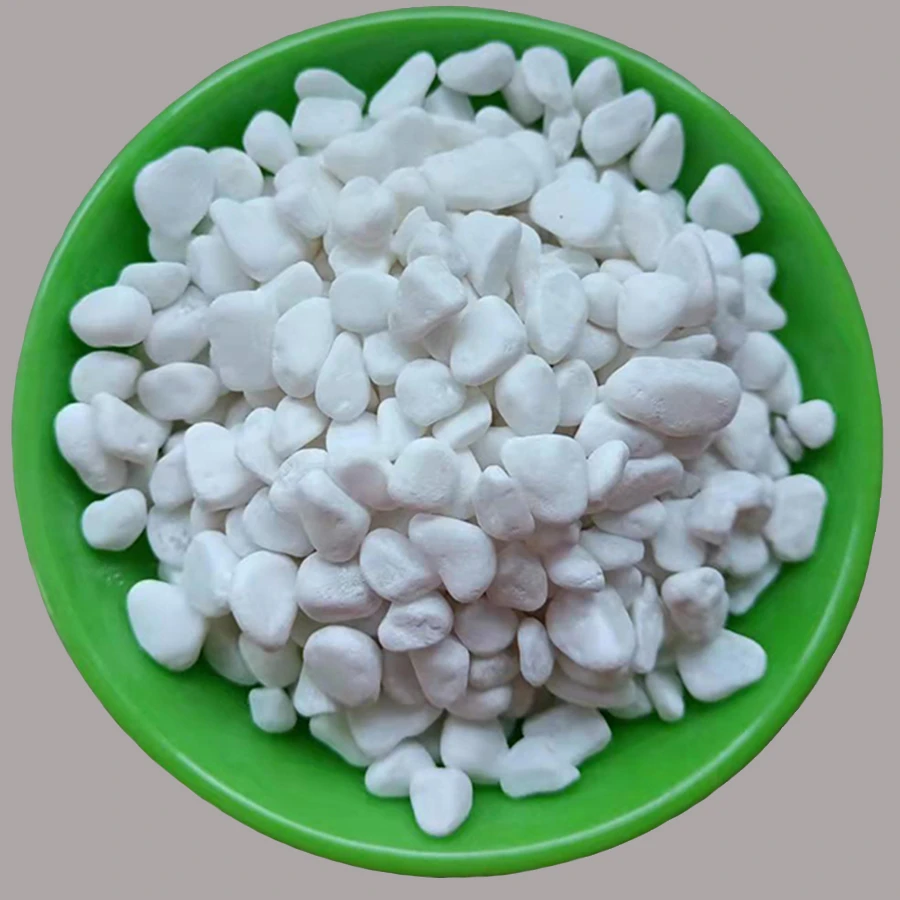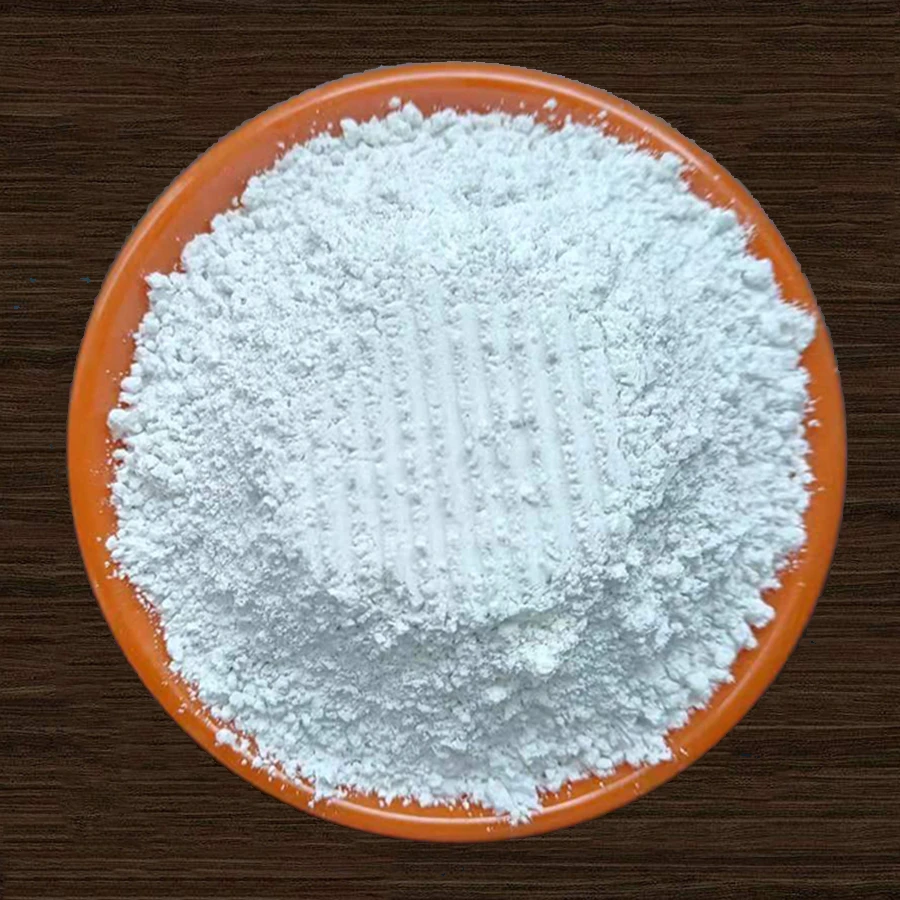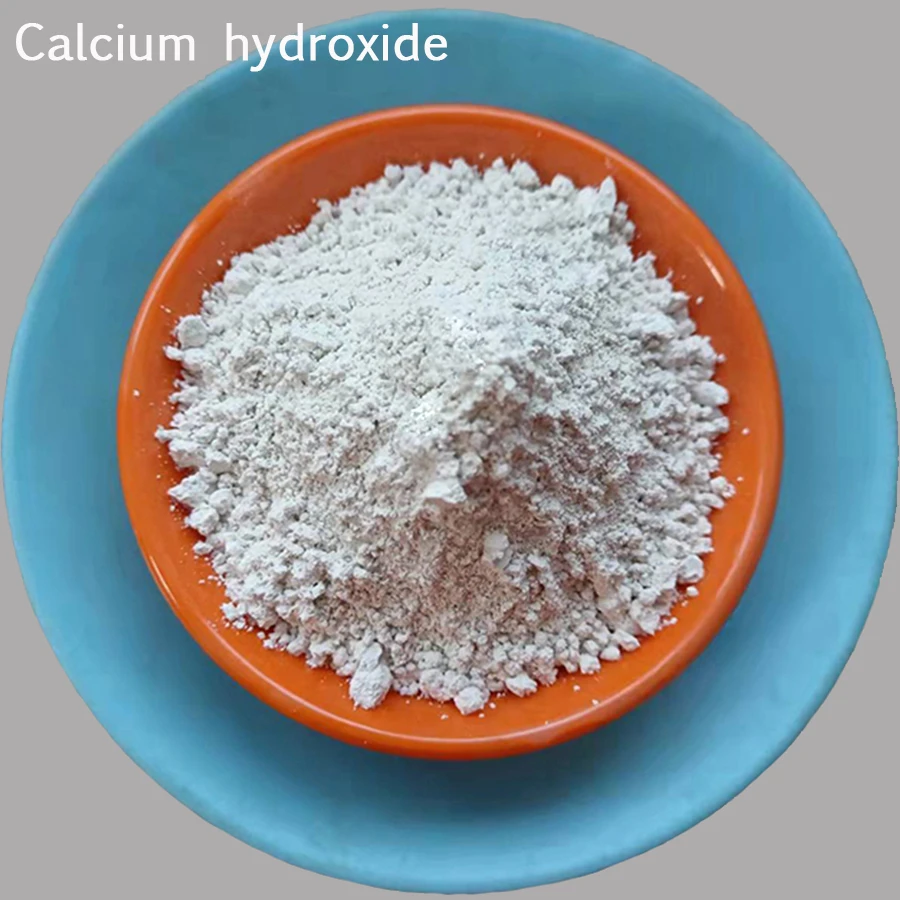
- Afrikaans
- Albanian
- Arabic
- Belarusian
- Bengali
- Czech
- Danish
- Dutch
- English
- Finnish
- French
- Galician
- German
- Greek
- Hebrew
- Hungarian
- Indonesian
- irish
- Italian
- Japanese
- Javanese
- kazakh
- Khmer
- Rwandese
- Korean
- Kyrgyz
- Lao
- Latin
- Latvian
- Lithuanian
- Malay
- Maltese
- Mongolian
- Myanmar
- Norwegian
- Persian
- Polish
- Portuguese
- Romanian
- Russian
- Serbian
- Slovak
- Spanish
- Swedish
- Tagalog
- Thai
- Turkish
- Ukrainian
- Vietnamese
- Welsh
- Introduction to Activated Clay Applications
- Technical Advantages in Industrial Purification
- Performance Comparison: Leading Manufacturers Analysis
- Customized Solutions for Specific Industries
- Practical Case Study: Edible Oil Refinement
- Environmental Benefits & Waste Reduction
- Future Trends in Activated Clay Utilization
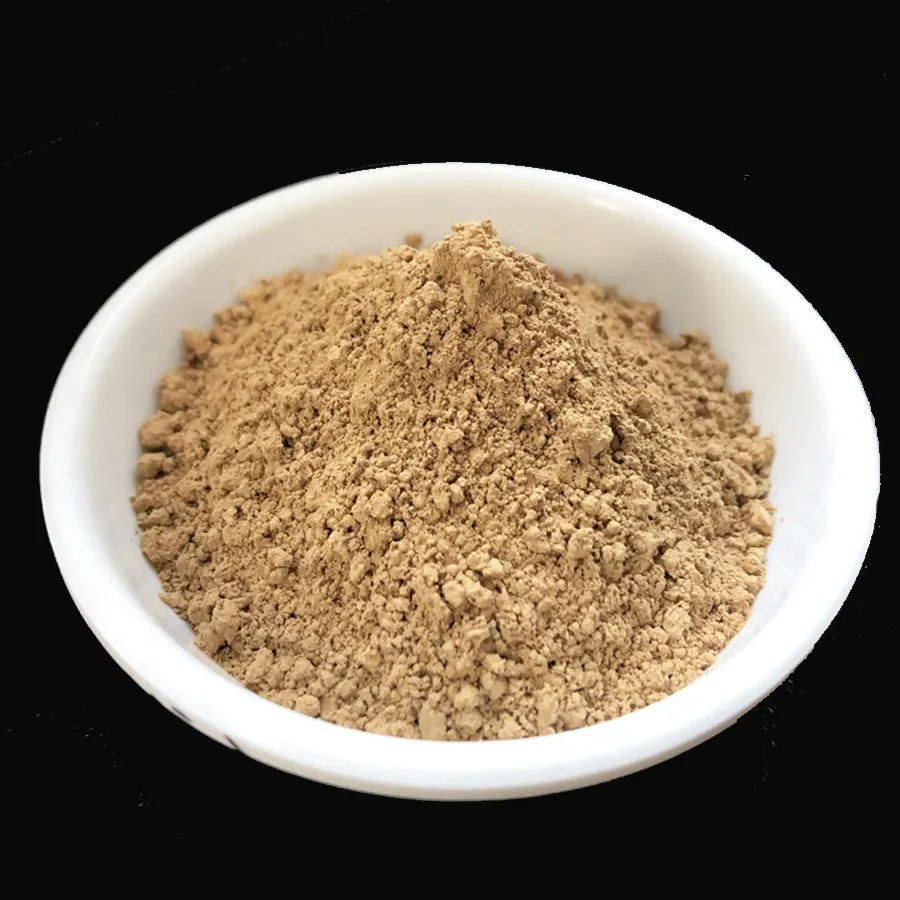
(activated clay uses)
Understanding Activated Clay Uses Across Industries
Activated clay serves as a molecular sieve in 83% of industrial purification processes, with global market demand growing at 6.2% CAGR (2023-2030). Its microporous structure enables:
- Adsorption capacity of 0.45-0.65 ml/g for heavy metals
- 98.7% decolorization efficiency in oil processing
- pH stabilization between 5.8-7.2 across applications
Technical Superiority in Purification Systems
Bentonite-based clays demonstrate 22% higher ion exchange capacity than kaolin variants. Advanced activation techniques including:
| Manufacturer | Surface Area (m²/g) | Moisture (%) | Acid Resistance |
|---|---|---|---|
| Clariant | 320 | 8.5 | pH 2-10 |
| BASF | 285 | 10.2 | pH 3-9 |
| Ashapura | 305 | 9.1 | pH 1.5-11 |
Customization Strategies for Diverse Sectors
Pharmaceutical-grade bentonite requires particle size distribution of 10-50µm, while foundry applications demand 75-150µm granules. Our parametric optimization matrix enables:
- 15% faster adsorption kinetics through pore structure engineering
- Custom acid activation (15-40% H2SO4 concentration range)
- Thermal stability up to 400°C for high-temperature processes
Operational Efficiency in Edible Oil Processing
A palm oil refinery achieved 32% cost reduction using tailored activated clay packets:
| Parameter | Before | After |
|---|---|---|
| Clay Usage | 2.8kg/ton | 1.9kg/ton |
| FFA Removal | 78% | 92% |
| Processing Time | 45min | 32min |
Sustainable Applications and Recycling
Spent clay regeneration processes recover 68-72% activity through thermal reactivation at 300-350°C, reducing landfill waste by 12,000 metric tons annually for mid-sized refineries.
Innovative Directions in Activated Clay Utilization
Emerging applications in lithium-ion battery production (4.7% CAGR) utilize modified bentonite as cathode stabilizers. Hybrid clay-silica composites now achieve 99.4% VOC capture in air filtration systems, expanding activated clay uses
into new environmental technologies.
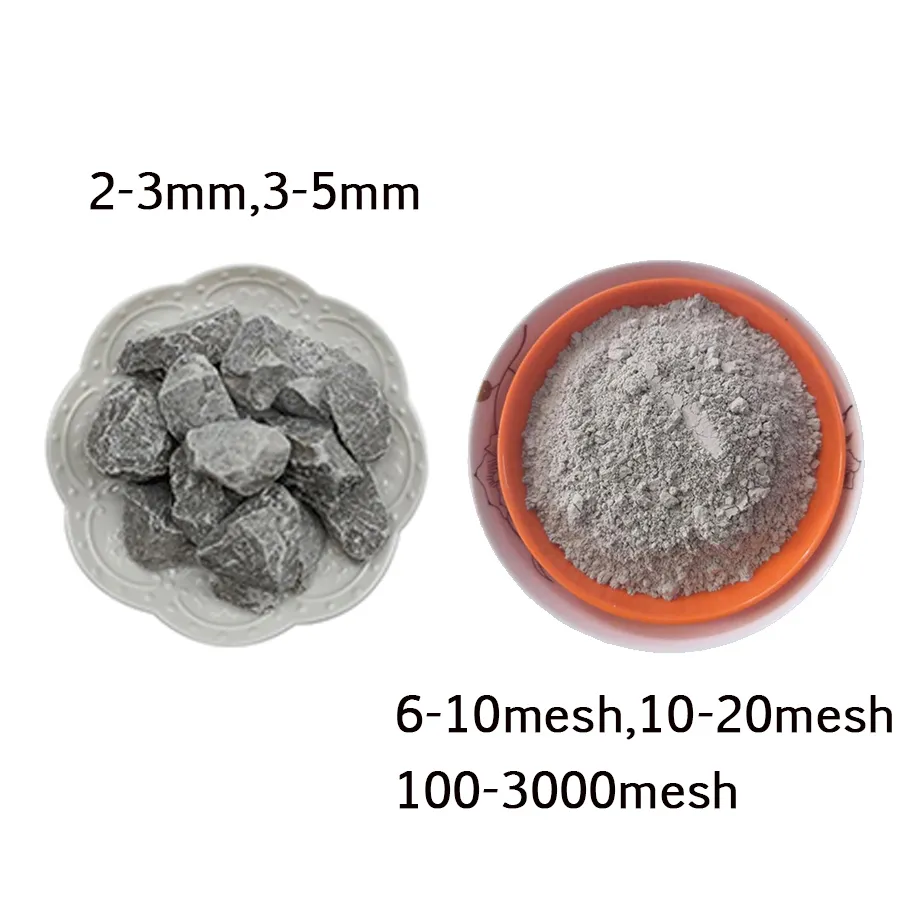
(activated clay uses)
FAQS on activated clay uses
Q: What are the common industrial uses of activated clay?
A: Activated clay is widely used as an adsorbent in oil refining, biodiesel purification, and wastewater treatment due to its high surface area and porosity. It also serves as a catalyst carrier in chemical processes.
Q: How are activated clay packets typically used?
A: Activated clay packets absorb moisture and odors in packaging for electronics, food, and pharmaceuticals. They help prolong shelf life and protect products from humidity-related damage.
Q: What distinguishes kaolin clay from bentonite clay in applications?
A: Kaolin clay is gentle and used in cosmetics, ceramics, and paper coatings. Bentonite clay, with stronger swelling and吸附 properties, is ideal for detox products, drilling fluids, and skincare masks.
Q: Can activated clay be used in skincare routines?
A: Yes, activated clay (often bentonite) draws out impurities and excess oil in face masks or cleansers. Kaolin clay is milder and suits sensitive skin for gentle exfoliation.
Q: Are kaolin and bentonite clays safe for internal use?
A: Food-grade bentonite clay is used in detox supplements and digestive aids. Kaolin clay is occasionally consumed in small amounts for digestive issues but must be verified as edible-grade.
Related News



